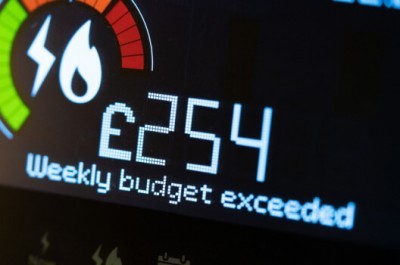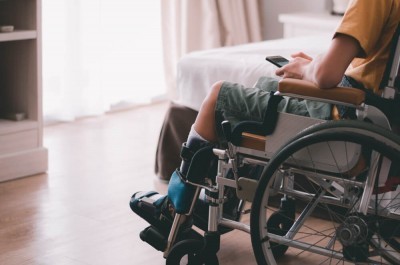The reasons why people enter bankruptcy around the UK are often very different depending on their gender.
That’s according to new figures on the subject which show that bankruptcies among women are disproportionately related to ‘relationship breakdowns’ or a drop in their household incomes.
Meanwhile, in the case of men, the financial difficulties of their own businesses or the loss of their jobs are more often the reasons behind an entry into bankruptcy, which in Scotland we refer to as sequestration.
The figures from the Association of Business Recovery Professionals (R3) suggest that there were almost three times more men than women in England and Wales who entered bankruptcy as a result of a company failure during 2015.
Among women in those same parts of the UK, the breakdown of a relationship was cited as being the second most prominent cause of entries into bankruptcy during 2015.
For both men and women who became insolvent in that year, the leading reason for entering into bankruptcy was people ‘living beyond their means’, according to R3.
“Living beyond means is an issue that affects men and women in pretty equal measure and it is no surprise that it is the leading cause of bankruptcy,” said Catheryn Williams, a spokesperson for the insolvency trade body.
“Careful budgeting and seeking early professional advice – rather than getting deeper into debt – can help,” she said.
“Whilst bankruptcies for both men and women have fallen since the financial crisis, the number of men’s bankruptcies has dropped much faster and women are now more likely than men to enter a form of insolvency.”
Official figures from the Accountant in Bankruptcy showed last year that Scotland has seen a notable rise in the use of Debt Arrangement Schemes (DAS) in recent months with their use up by almost 30 per cent during the second quarter of 2016.
DAS offer indebted Scots the opportunity to turn around their financial problems before they are forced into the position of entering sequestration or any official form of insolvency.
If you are finding it increasingly difficult to cope with your financial problems then Scotland Debt Solutions can help. Contact any of our offices to find our more or to arrange a free and confidential consultation.






